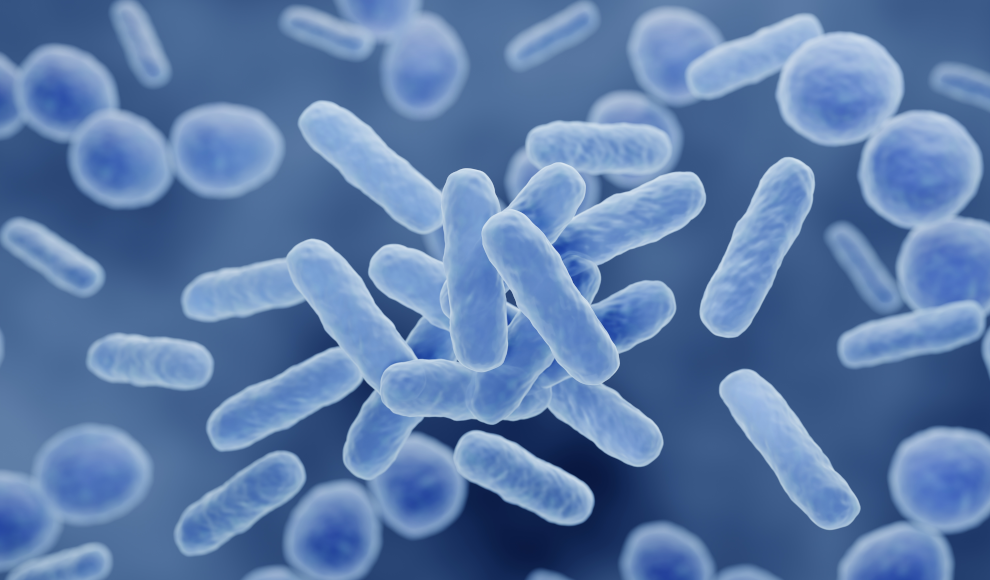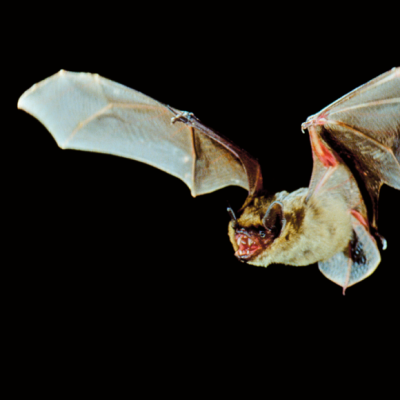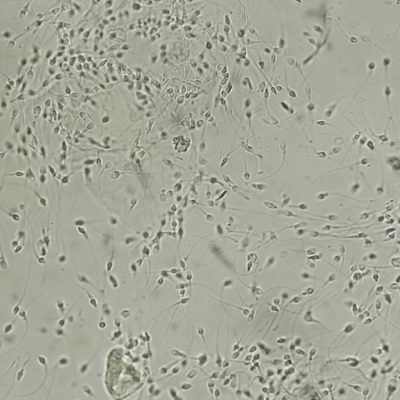A new species of bacteria has been discovered in the deep sea that possesses a unique method of reproduction and releases viruses to accelerate its nitrogen metabolism. The Institute of Oceanology at the Chinese Academy of Sciences has conducted research on deep-sea Planctomycetes bacteria, which have not been extensively studied due to the logistical challenges of sampling and cultivating deep-sea strains. The researchers collected soil samples from the deep sea, a known habitat for Planctomycetes, and identified a new bacterial strain, Poriferisphaera heterotrophicis, through gene sequencing. This strain grows significantly faster than other deep-sea bacteria and uses a budding model of reproduction that has not been observed in other bacteria of the class.
Further investigations revealed that Poriferisphaera heterotrophicis releases a bacteriophage, Phage-ZRK32, in the presence of nitrogen, which dramatically promotes bacterial growth. This bacteriophage is a chronic bacteriophage that lives in its host without killing it. The researchers’ findings provide new insights into the nitrogen metabolism of Planctomycetes bacteria and a suitable model for studying the interactions between Planctomycetes and viruses.
According to Chaomin Sun, the budding process of Poriferisphaera heterotrophicis works best in nutrient-rich media. The addition of nitrate or ammonia promotes growth, while nitrite inhibits it. The researchers’ discovery of this new bacterial species and its unique reproductive method sheds light on the diversity of life in the deep sea and the complex relationships between bacteria and viruses.










